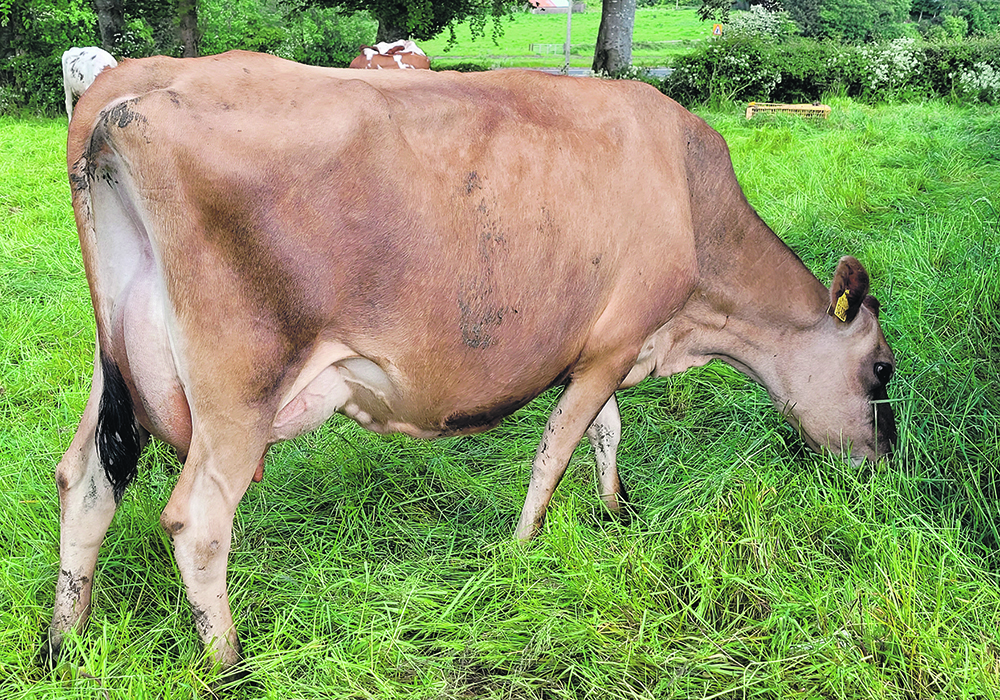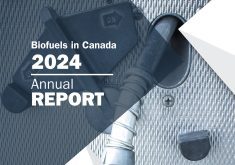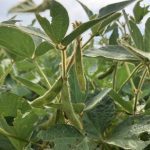If approved, it will be the world’s first government scheme that taxes farmers on the amount of methane produced by their livestock
The New Zealand government has launched proposals to tax farmers on their cattle and sheep burps in a bid to tackle rising greenhouse gas levels.
If adopted, New Zealand would be the first country in the world start a scheme that taxes farmers on the amount of methane produced by their livestock.
The plans have been drawn up by the government and farming representatives in a bid to tackle the country’s greenhouse gas emissions, almost half of which are produced by agriculture.
When cows burp, they release bursts of gas that are full of methane, a greenhouse gas that traps heat from the sun more than 20 times as efficiently as carbon dioxide.
Read Also

Russian wheat exports start to pick up the pace
Russia has had a slow start for its 2025-26 wheat export program, but the pace is starting to pick up and that is a bearish factor for prices.
Professor John Wallace from the University of Aberdeen, United Kingdom, said methane accounts for 16 percent of manmade greenhouse gas emissions and about a third of that comes from ruminant livestock.
There are five million people in New Zealand along with 10 million cattle and 26 million sheep.
The new proposals plan to charge farmers for agricultural greenhouse gas emissions from 2025, with different charges for those gases that are shorter and longer term.
Farmers will receive incentives in the scheme if they can demonstrate their emissions are falling by using feed additives and they can use on-farm forestry areas to offset emissions.
Dairy farmer Andrew Hoggard, who is also the national president of Federated Farmers of New Zealand, said he broadly approved of the proposals.
“We’ve been working with the government and other organisations on this for years to get an approach that won’t shut down farming in New Zealand, so we’ve signed off on a lot of stuff we’re happy with,” said Hoggard.
“But you know, like all of these types of agreements with many parties involved, there’s always going to be a couple of dead rats you have to swallow.
“There are still the nuts and bolts to be hammered out, like who actually implements the scheme, so there’s still stuff to work through with the government,” he added.
Last month, New Zealand’s finance minister dedicated NZ$2.9 billion for initiatives to tackle climate change, which were to be funded by an emissions trading system that taxed polluters.
The money raised from the livestock burp tax would be invested in research, development and advisory services for farmers, the country’s environment ministry said.
Climate change minister James Shaw said: “There is no question that we need to cut the amount of methane we are putting into the atmosphere, and an effective emissions pricing system for agriculture will play a key part in how we achieve that.”
The proposals have been introduced for consultation and a final decision is expected to be made by December.















